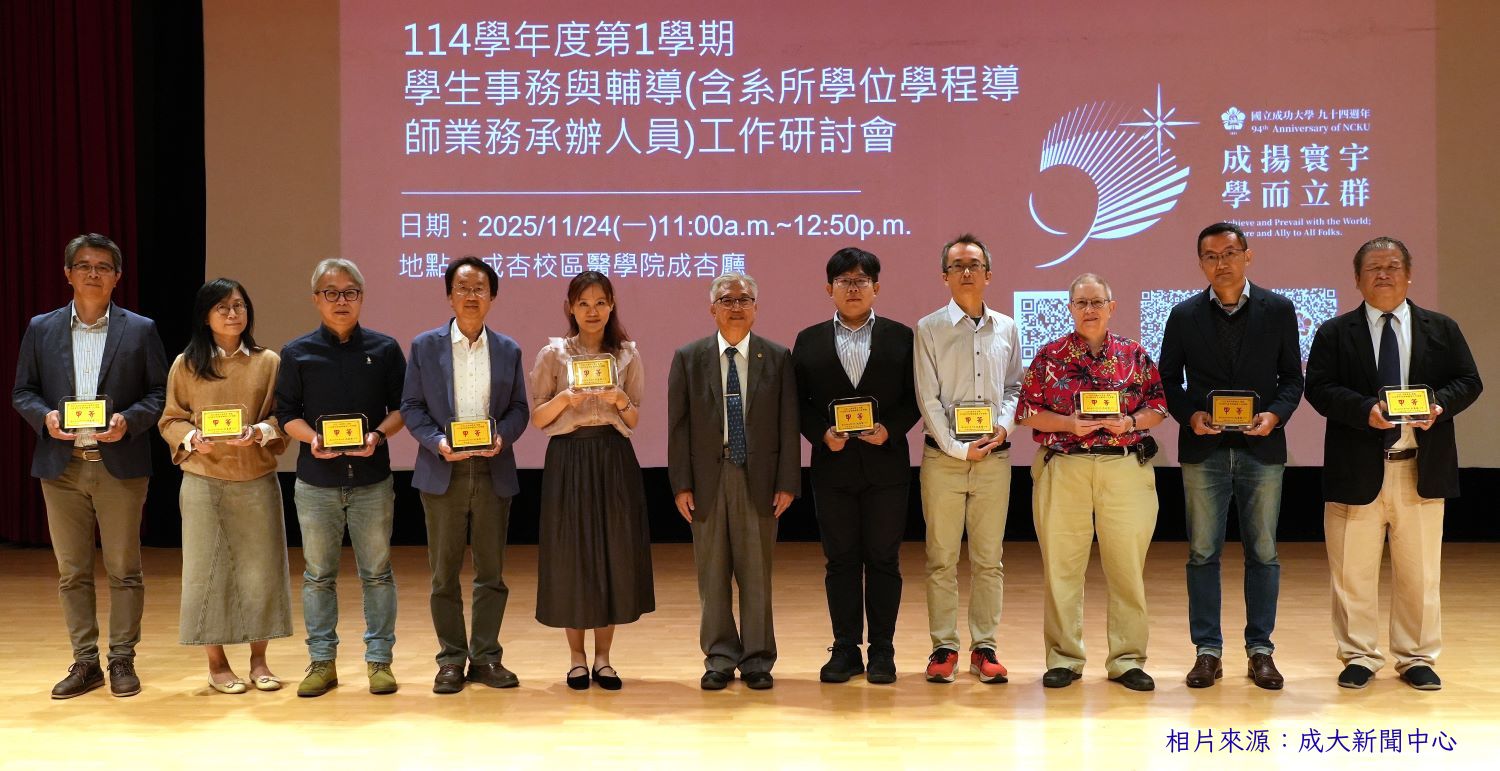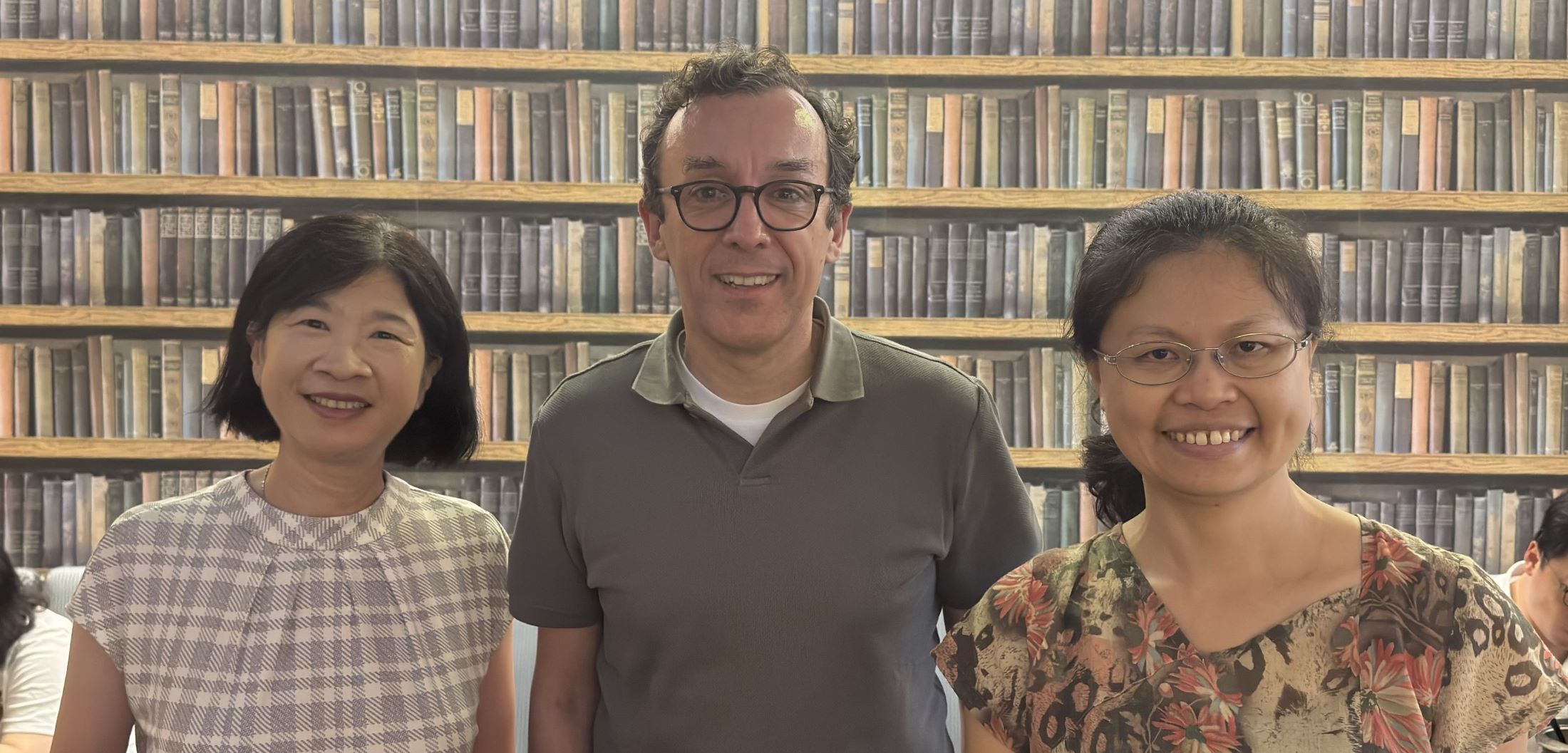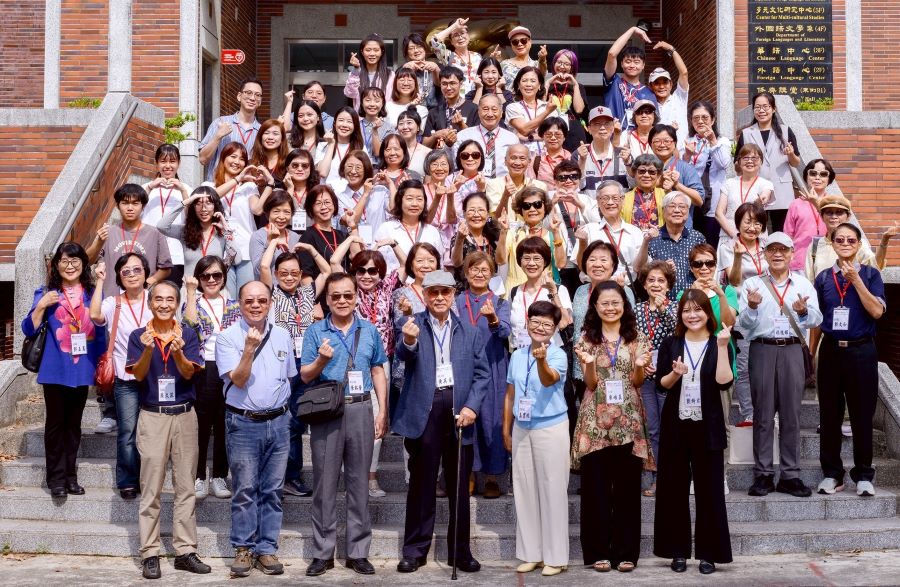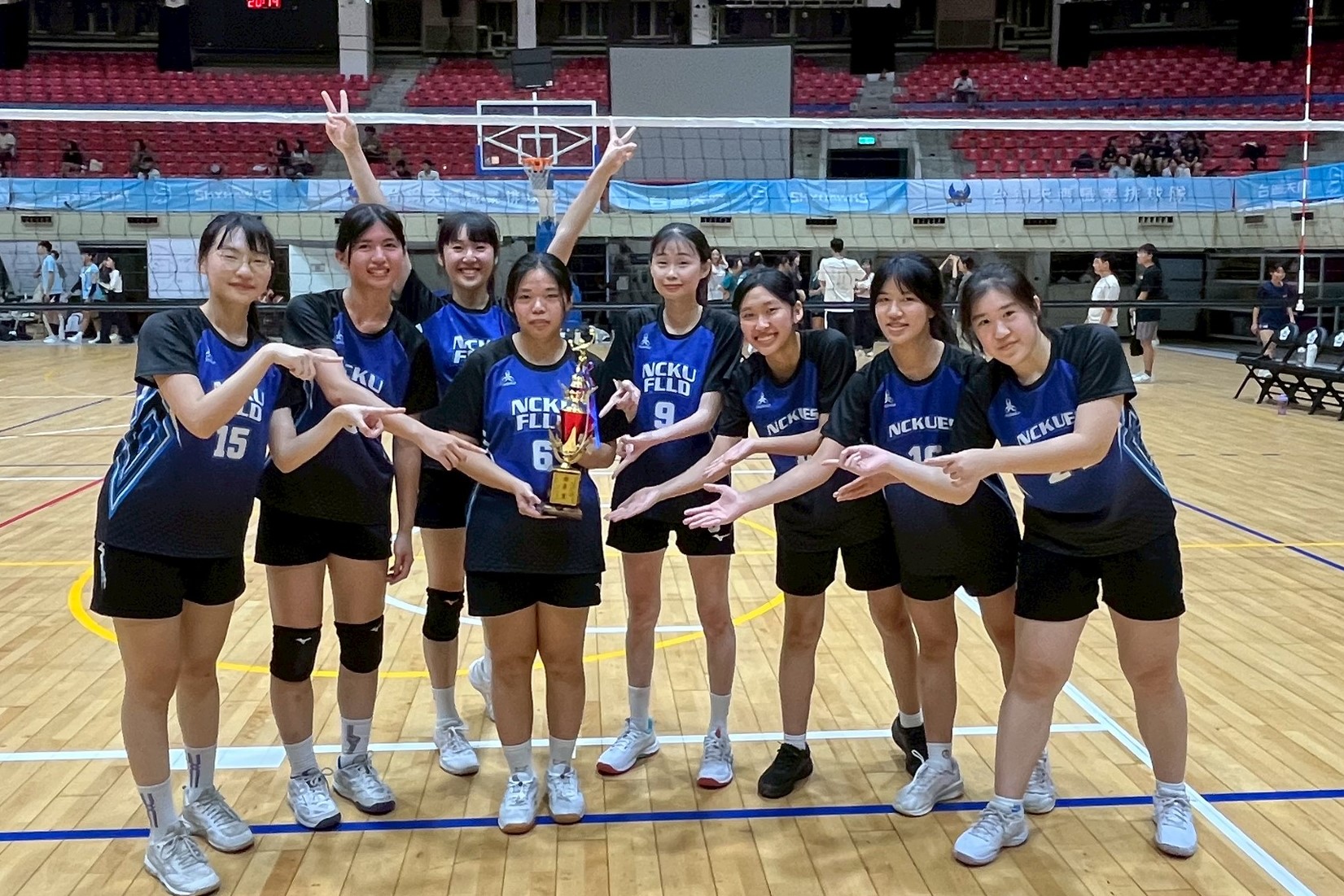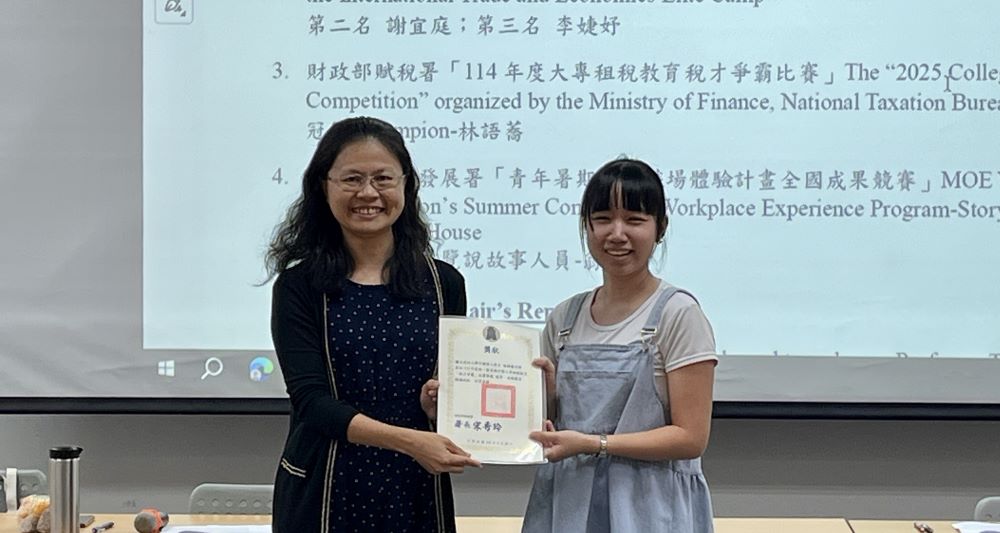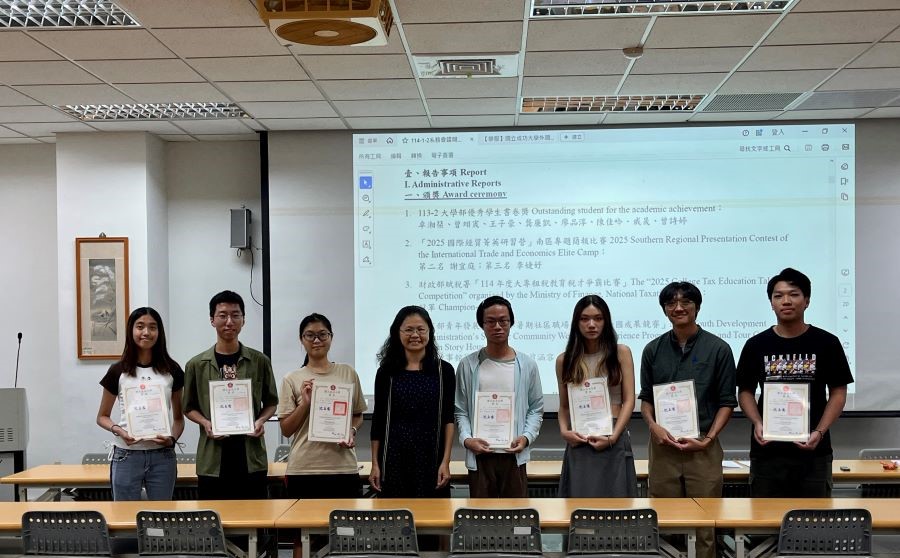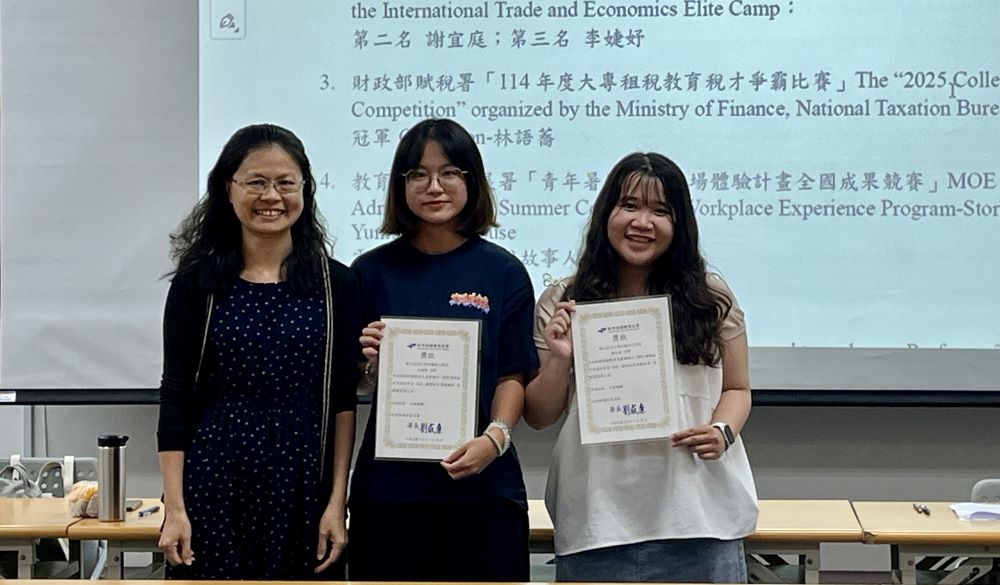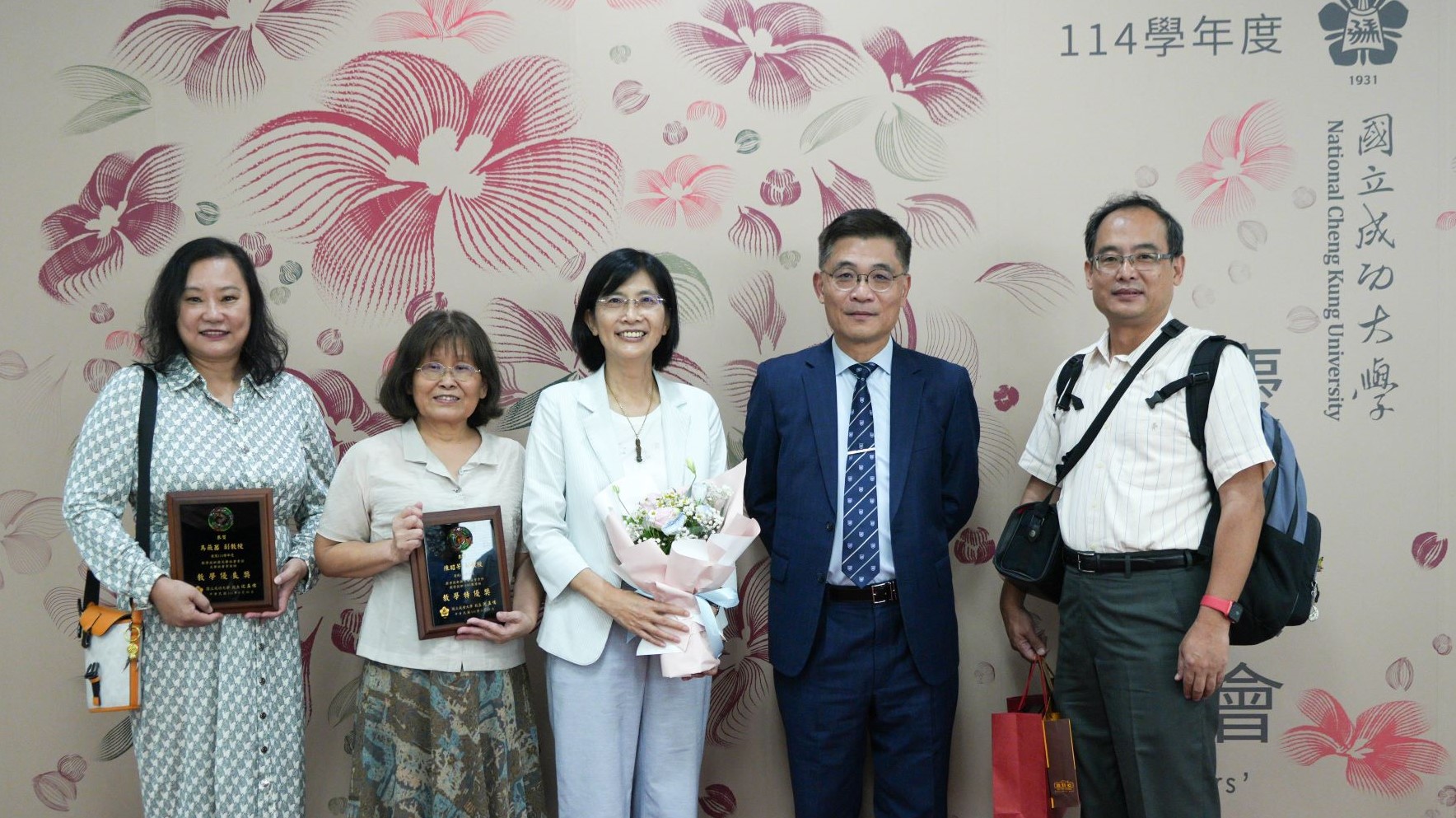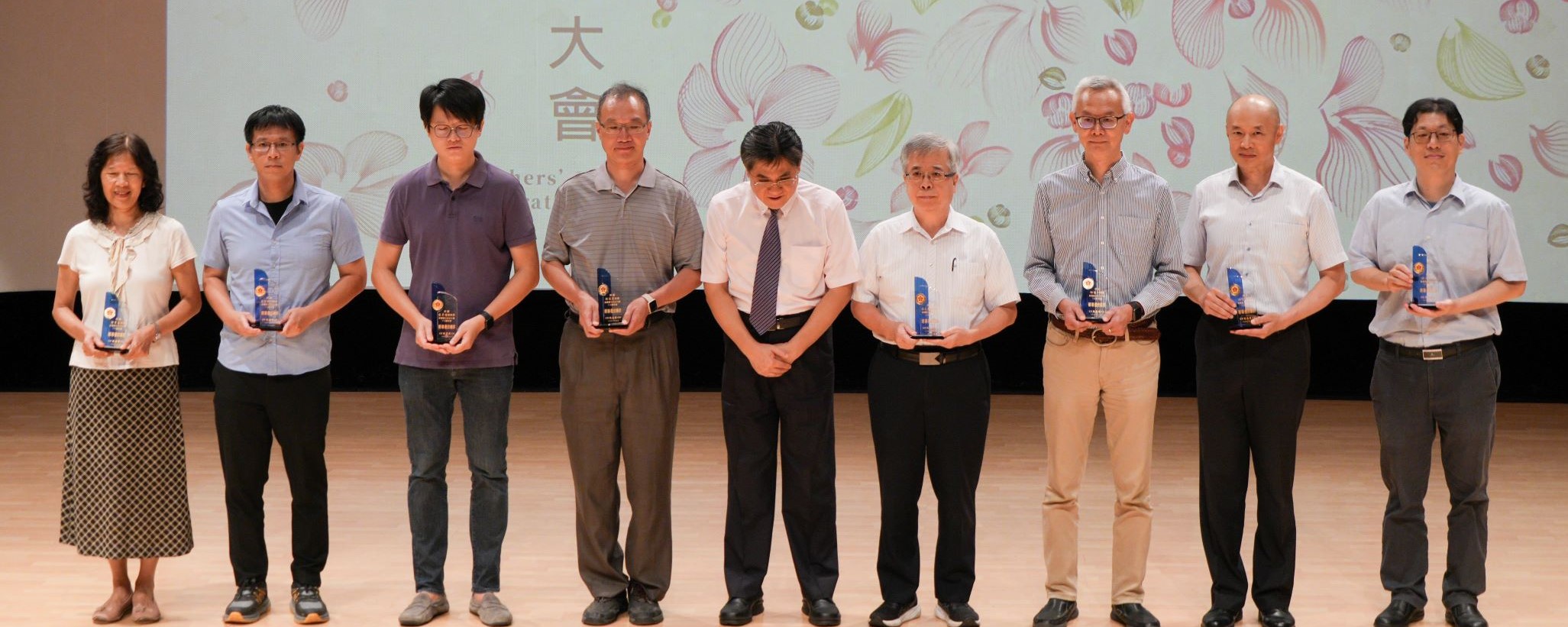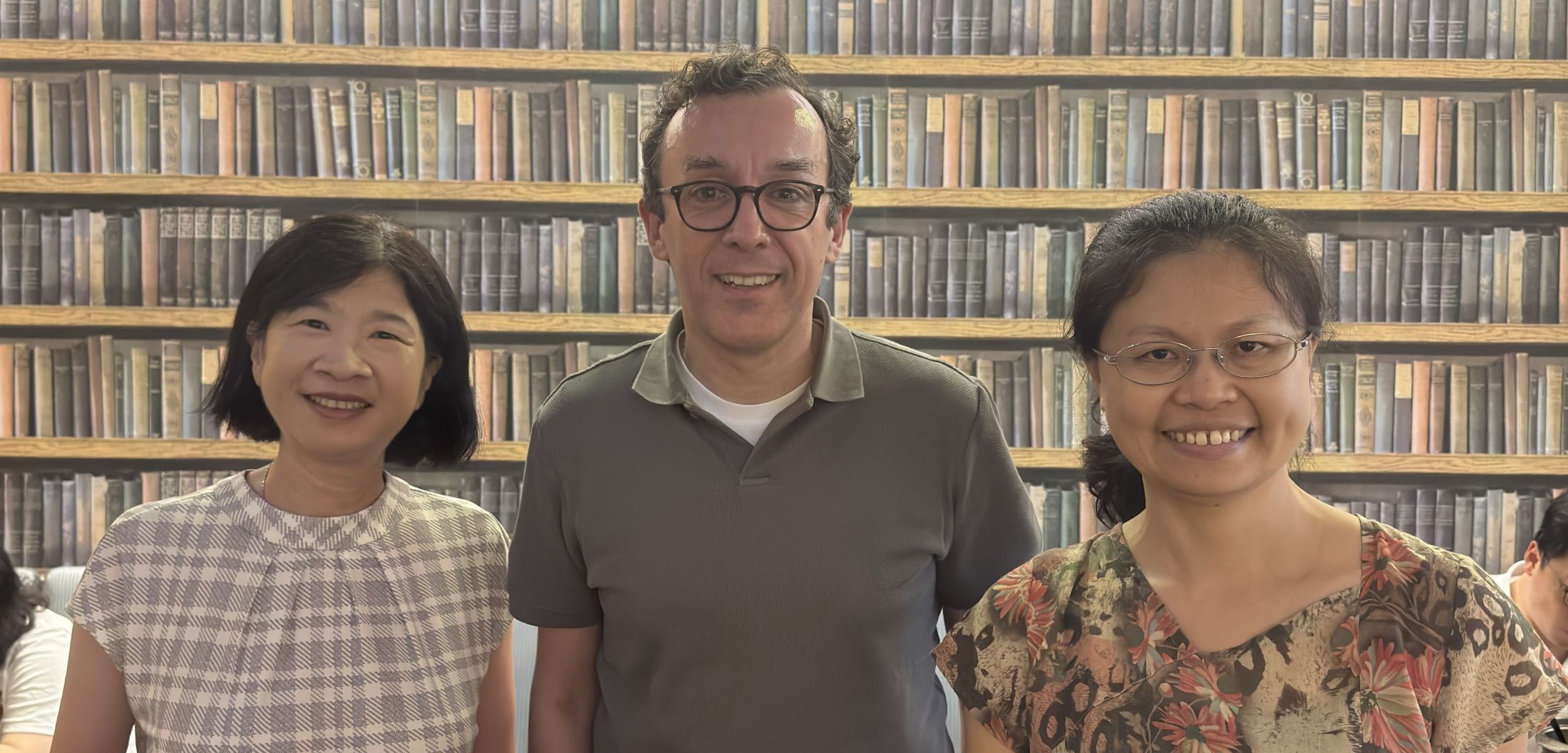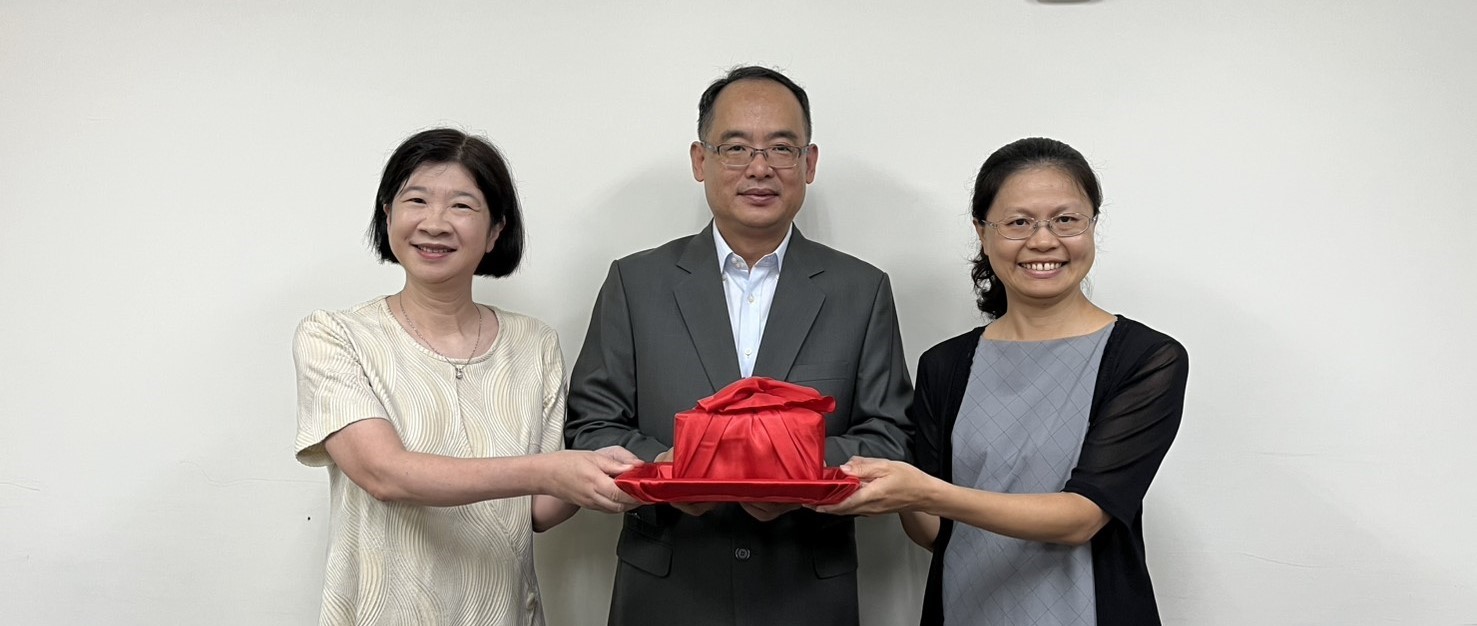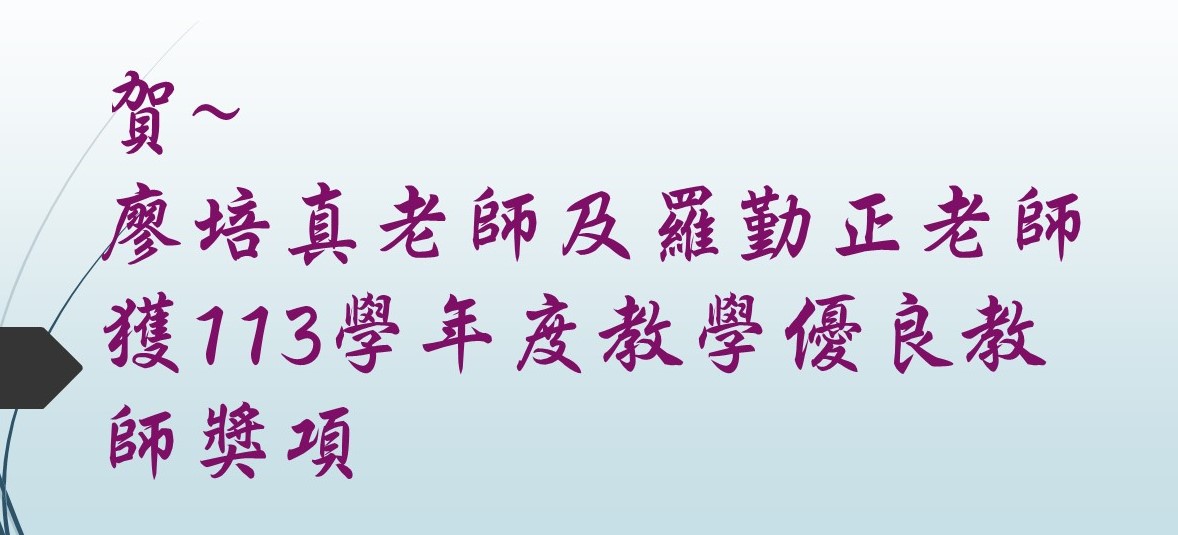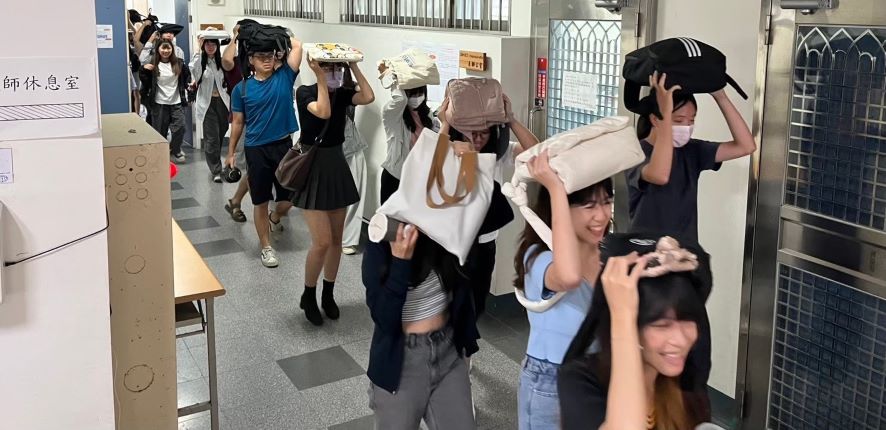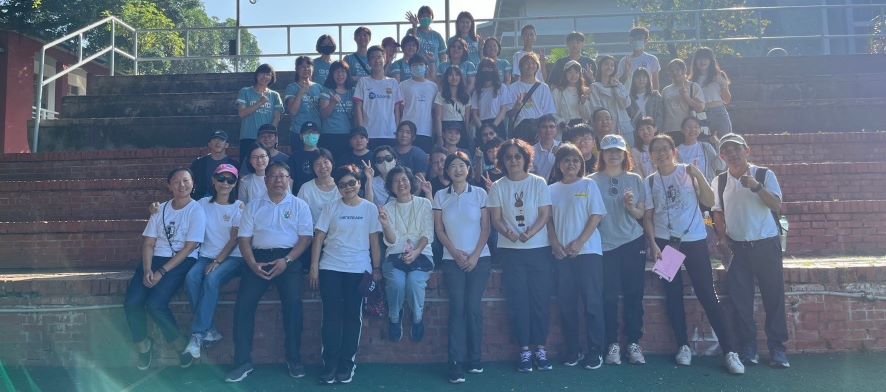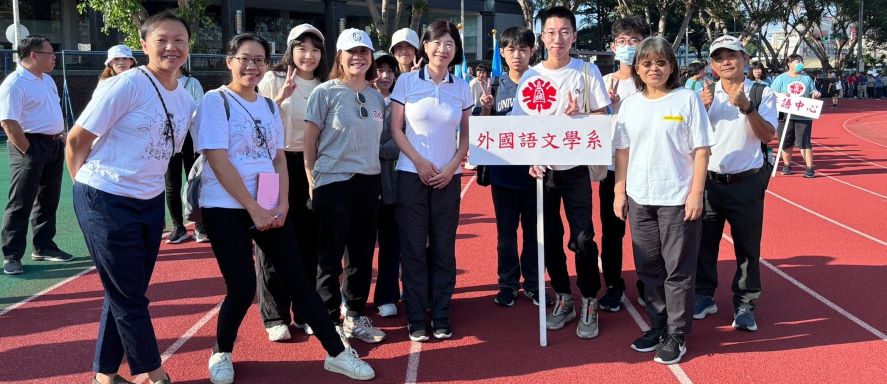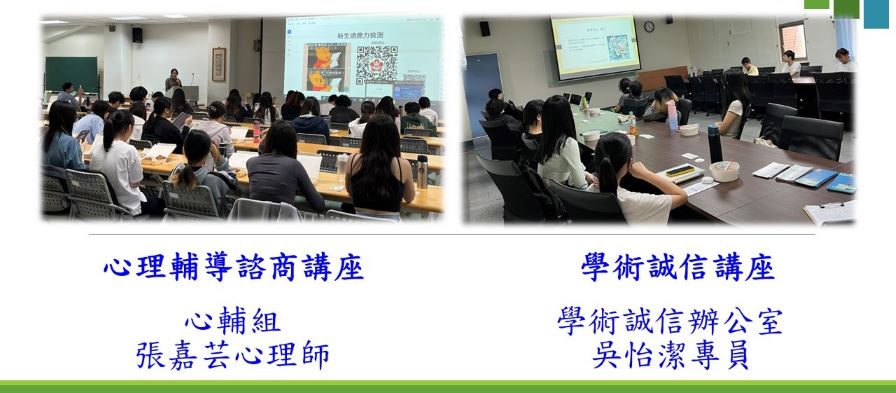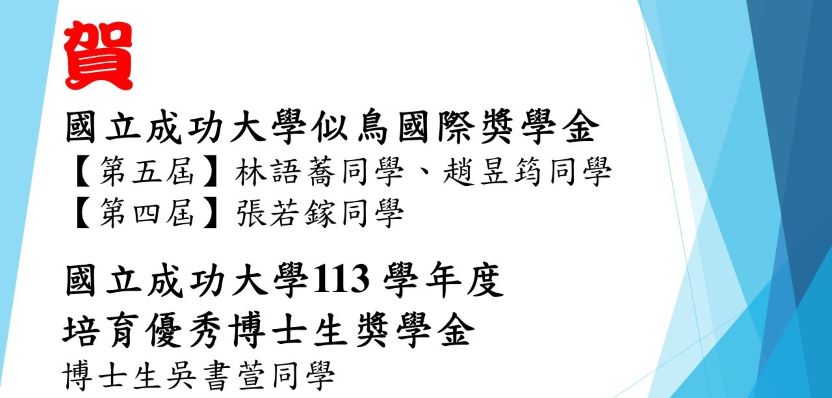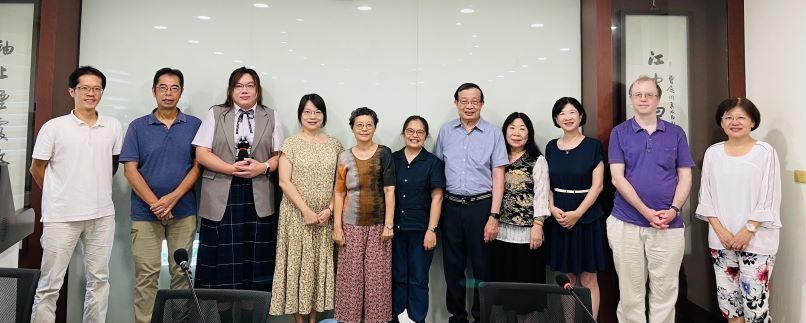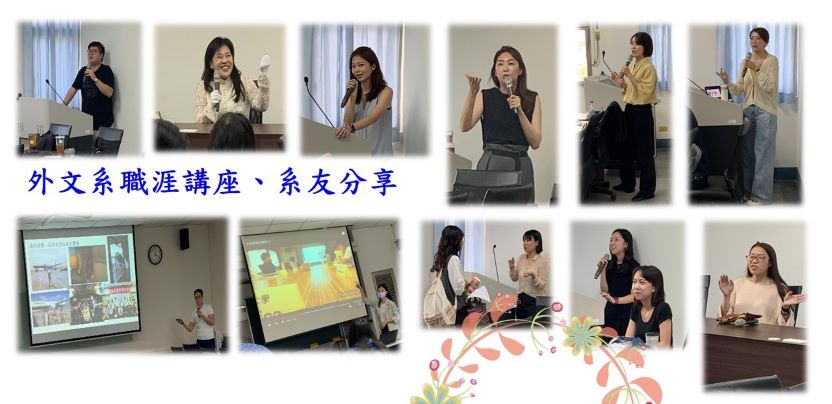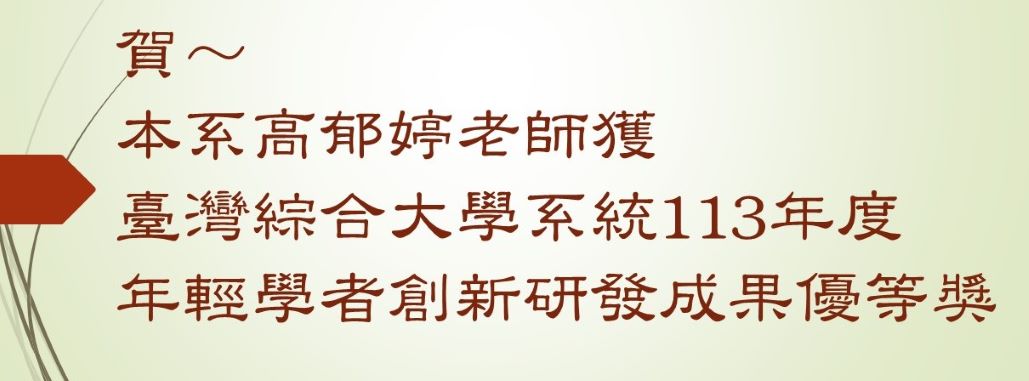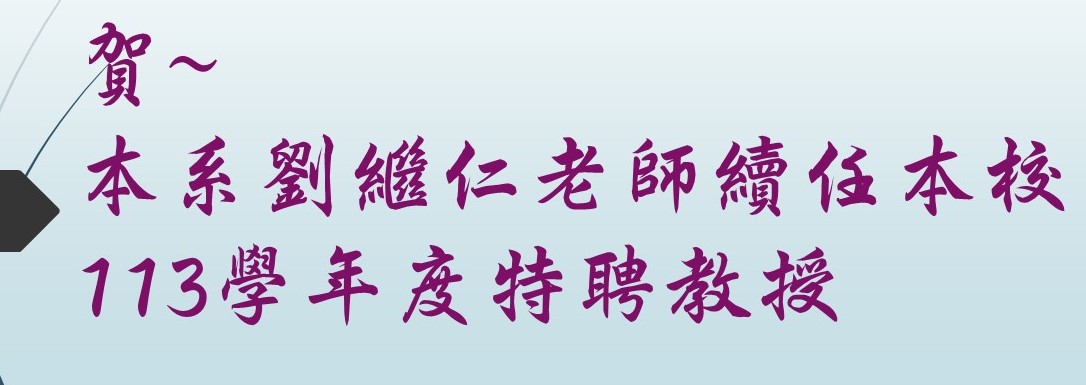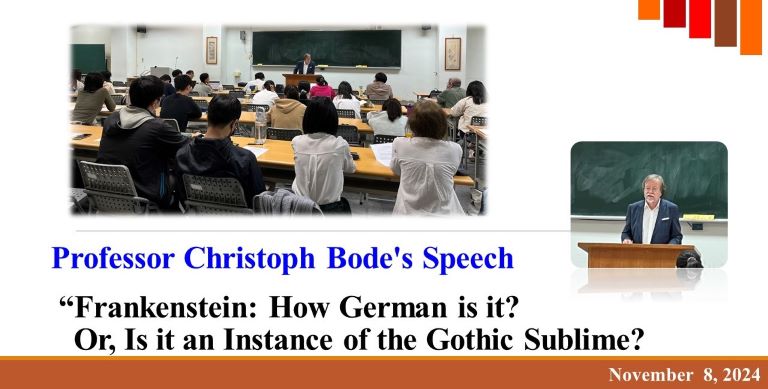Workshop: The Production and Reproduction of Social Inequalities
Date: September 20-21, 2024 (GMT+8, Taipei Time)
Venue:HC201, HA Building 3, National Yang Ming Chiao Tung University (NYCU) & Hybrid event.
Language: English
Registration Link: https://forms.gle/
Registration Deadline: September 13
Organizer:
International Center for Cultural Studies, National Yang Ming Chiao Tung University.
Social Inequalities Research Unit (SIRU), University of Cologne.
Africa-China Research Network, Academia Sinica.
Abstract
Over the past decade, research on social inequalities has witnessed significant growth, shedding light on the enduring and expanding nature of global inequality. This research has increasingly become interdisciplinary, encompassing diverse fields like sociology, health, and environmental studies, while also adopting an intersectional perspective. While traditional approaches centered on income or education, contemporary studies delve into understanding how elements such as gender, race, ethnicity, and geographical location play pivotal roles in shaping the uneven allocation of resources and opportunities.
In East Asia, a series of “economic miracles” have occurred since the Second World War, starting with Japan, followed by the “Four Asian Tigers,” and culminating with the People’s Republic of China. These economic success stories have contributed to a statistical reduction in global inequality. Similarly, South and Southeast Asian countries such as Vietnam, India, Indonesia, and the Philippines have experienced similar patterns of rapid economic growth; and in Africa, countries such as Ethiopia have attempted to join the next wave by adopting ostensibly similar policies.
However, this process of economic development has not been without its challenges. In certain instances, the pursuit of economic progress has led to the creation of peripheries characterized by racialized and gendered migrant labor, as well as the marginalization of indigenous communities, whose labor and land have been exploited to support the growth of industries. This has resulted in the displacement of populations and exacerbated unequal living conditions.
China has been widely recognized as the “factory of the world,” playing a significant role in global manufacturing and trade. Nevertheless, during times of uncertain transitions, other countries or regions in the global South may also emerge as potential centers of production. The generation of displaced populations and unequal living conditions can be attributed, in part, to state-led policies and the dynamics of global capitalism. Government policies may prioritize economic growth and attract foreign investments, often leading to the exploitation of cheap labor and natural resources. This pursuit of profit can exacerbate social disparities and displace vulnerable communities.
Furthermore, global hierarchies are a common feature of the political economy of global capitalism. As economic power concentrates in certain regions or countries, it tends to perpetuate existing inequalities and create new ones. These hierarchies can shift over time, but the overall structure of economic dominance and exploitation remains.
The workshop revolves around the visit of researchers from the University of Cologne’s “The Production and Reproduction of Social Inequalities” research unit to Taiwan. It seeks to understand why endeavors to enhance equality often lead to enduring disparities. The main objective is to promote dialogue between the Cologne researchers and Taiwan-based scholars and students working on inequality. This two-day event, hosted at the International Center for Cultural Studies at National Yang Ming Chiao Tung University, will primarily explore conceptual frameworks and methodologies for studying inequality. It will particularly focus on migrant labor, human trafficking, indigeneity, statelessness, and the role of the political economy of capitalism in shaping social inequalities in Asian countries and the global South during the 21st century. Additionally, the workshop will investigate potential projects related to alternative relationality and solidarities from below.




